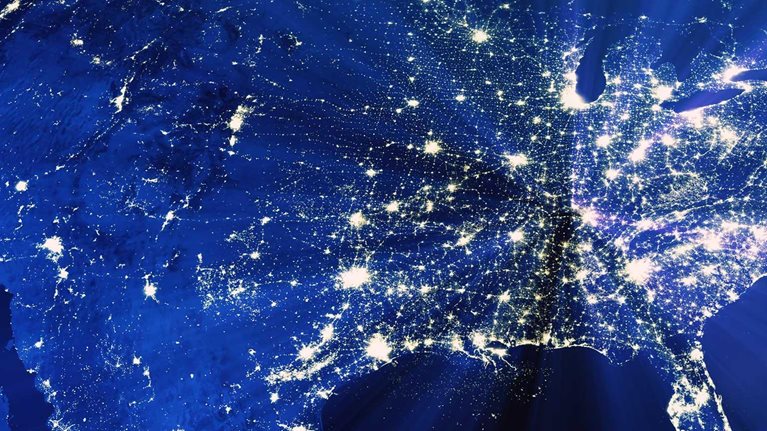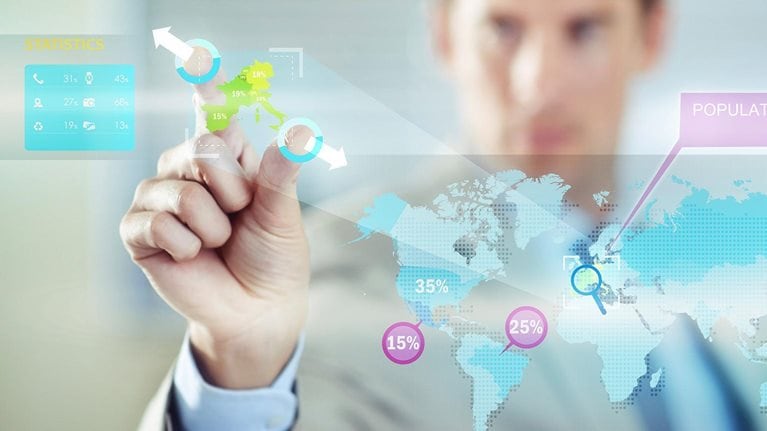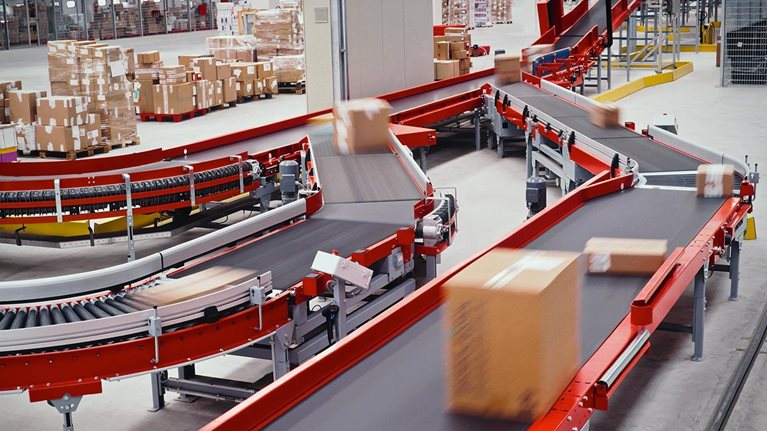The advantages that come with an increasingly digitized world also bring challenges—often unexpected—that require new ways of thinking. In this interview, US secretary of commerce Penny Pritzker explains to McKinsey’s James Manyika how the government is working to efficiently engage with new technologies in an effort to ensure that all households in the United States have high-speed Internet access and that the Internet remains open, free, and secure. An edited transcript of her comments follows.
Interview transcript
The digital economy is growing at a rate so much faster than the rest of the economy, but it’s really important, as the digital economy grows, that we figure out how to make sure government, the private sector, and the consumer are in sync. So we’ve created a Digital Economy Leadership Team at the Department of Commerce to focus on a number of issues.
First is the free and open Internet, something we tend to take for granted but that is not always reliable and, in some countries, is very much at risk. The second is making sure that there is a real respect for security and privacy, that there’s trust in the Internet.
The third area that I’m focused on is access to the digital economy, access to the Internet, access to broadband. With digitization, with globalization, every household in America deserves to have access to high-speed Internet. Yet we know that more than 20 percent of households in our country don’t have access to high-speed Internet.
Finally, the innovators. How do we engage with new technologies—the Internet of Things, autonomous vehicles, unmanned aircraft? What is the relationship among these new technologies? The companies that produce them should be with regulators.
Democratizing data
At the Department of Commerce, we have a broad set of 12 different agencies that we’re responsible for, and the kinds of data that we produce include everything from income data to time to GDP data to weather data to local questions about drought or sea level. One of the things that we’ve made a priority at the department is to make our data more available, to be used by individuals, by businesses, and by policy makers so that they can make smarter decisions based on more evidence.
We’ve just completed negotiation of the Trans-Pacific Partnership, which is an agreement among 12 countries on how to do trade. It’s a free-trade agreement for nearly 40 percent of the world’s GDP. What’s exciting about it is that it really addresses the notion of how we make sure that we promote a free and open Internet so that we can do more trade together and do it using the Internet, making it easier for small and medium-size businesses to go to new markets and not be tripped up by unpublished regulations or unpublished terms of customs.
Solving for the effects of digitization
We have to solve for not only just privacy and security, which I think is very important—and I don’t know that we’ve completely got that figured out yet, certainly globally we don’t have that figured out—but there’s also, What’s the implication of digitization on our society? How is it going to affect work? What’s the relationship that work is going to have to benefits? How is that changing as we have new technologies that allow services to be provided in a different format?
One of the things that we’re doing is, both in our data initiative and our digital initiative, we have federal advisory committees. So we have places where we have dedicated members of the private sector in our data effort who are committed to helping us better understand both the opportunity and the pitfalls so that we as a government can maximize the benefit with as little downside as possible.
What we’re trying to do is acknowledge the facts on the ground and recognize that digitization and globalization are happening and have been happening. And how do we engage in a way that’s best for society as a whole? How do we engage in a way so that the private sector in the United States wins globally?
How do we make sure there’s market access for our private sector? But how do we also deal with the fact that we have to make sure that we have a workforce that’s prepared to engage with a digitized society? So we have rapid change going on, lots of innovation. There are huge impacts. But we need to be in the middle, having a dynamic conversation to try and figure out the best path forward.


